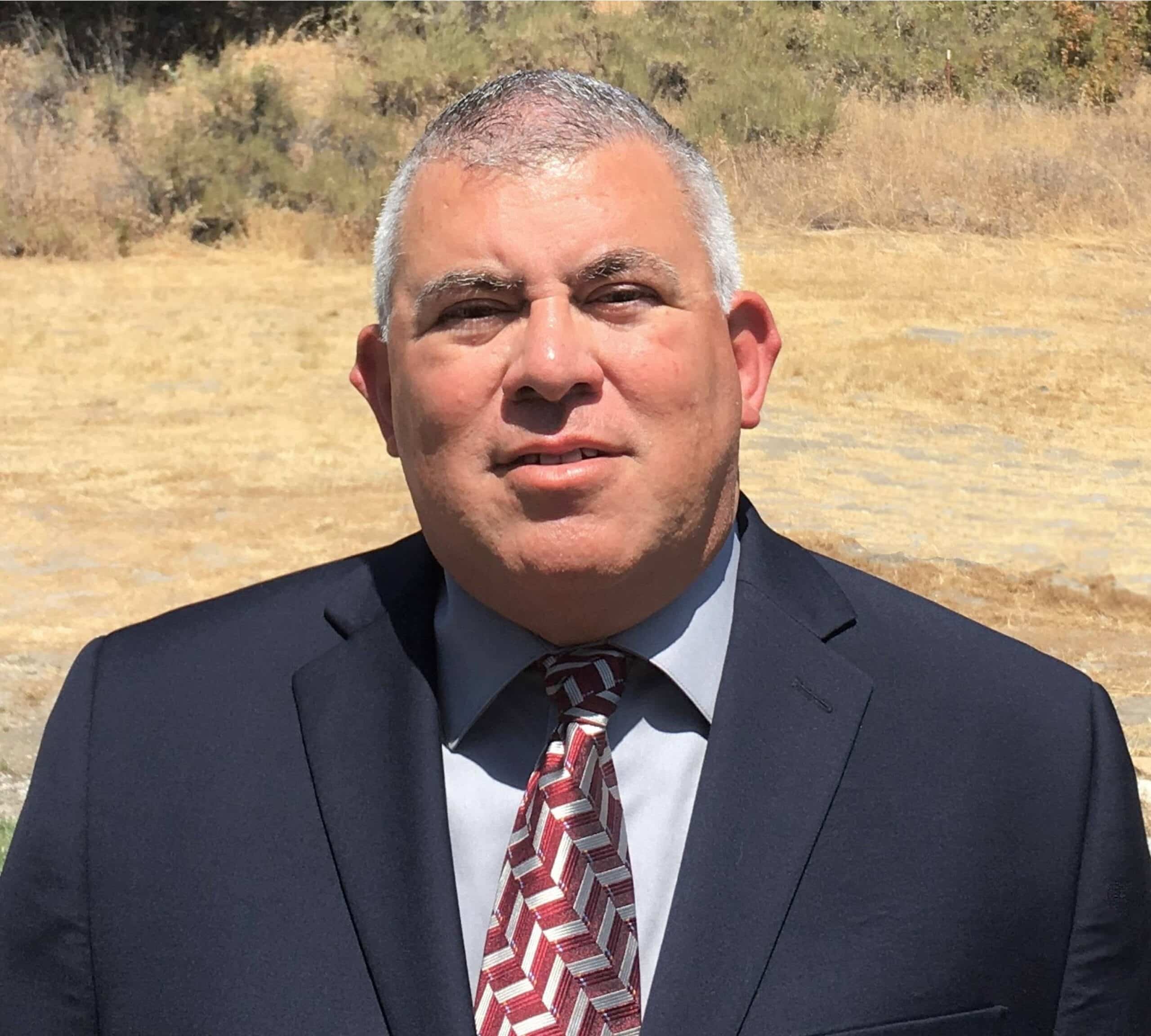On August 12, a federal judge gave his approval of a 5 million dollar agreement between the operators of an oil pipeline and the state and federal government, effectively ending a lawsuit filed after 3,190 barrels of oil poured into Arkansas' land and water back in 2013.
United States District Judge Kris Baker says that the agreement is in compliance with the Clean Water Act, and is fair to Exxon Mobil and the governments involved in the case. Judge Baker rejected a second request by a local water company, asking that Exxon move a portion of its pipeline that runs under a major reservoir.
Both the Arkansas and federal governments sued ExxonMobil Pipeline Co. and the Mobil Pipe Line Co. after the companies' Pegasus pipeline leaked in March, 2013, causing environmental damage near the city of Mayflower.
The settlement has the companies paying a total of $3.19 million to the federal government, and $1 million to the state government. On top of that, the state of Arkansas is owed $280,000 for legal fees, and the oil companies have to set aside $600,000 to be spent on an environmental project bettering Arkansas.
In her ruling, Baker said she was obligated to ensure the settlement fell "within the reaches of the public interest."
"A consent decree is not reviewed as a judgment on the merits," she wrote, adding that "it is not (the court's) function to determine whether this is the best possible settlement."
Environmental codes and safety regulations exist for a reason. As can be seen by this case, disasters can leave companies vulnerable to huge settlements and damages. Hiring environmental consultants can help you better understand the latest government trends and regulations, and find quick, cost effective ways to meet them and prevent accidents.


